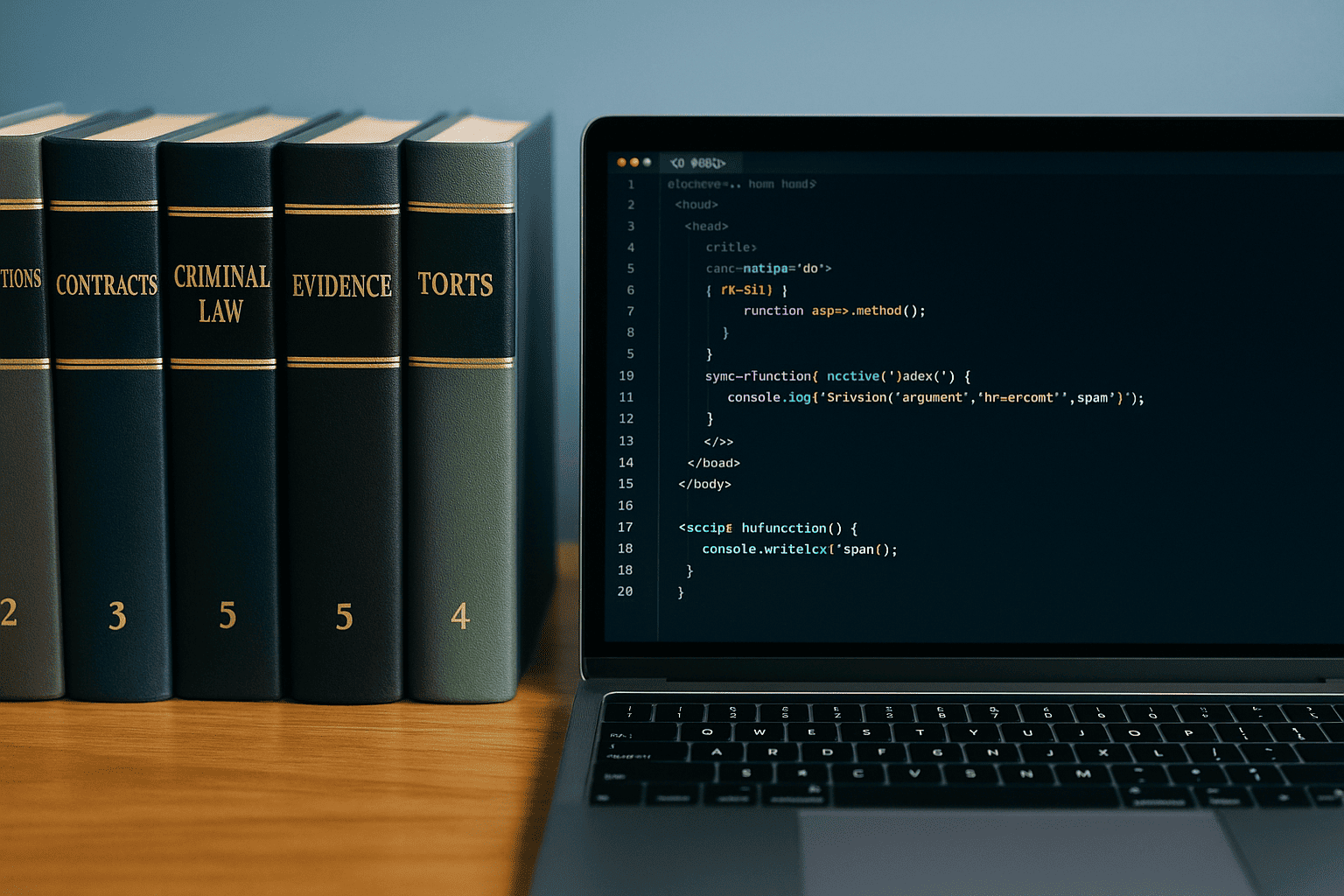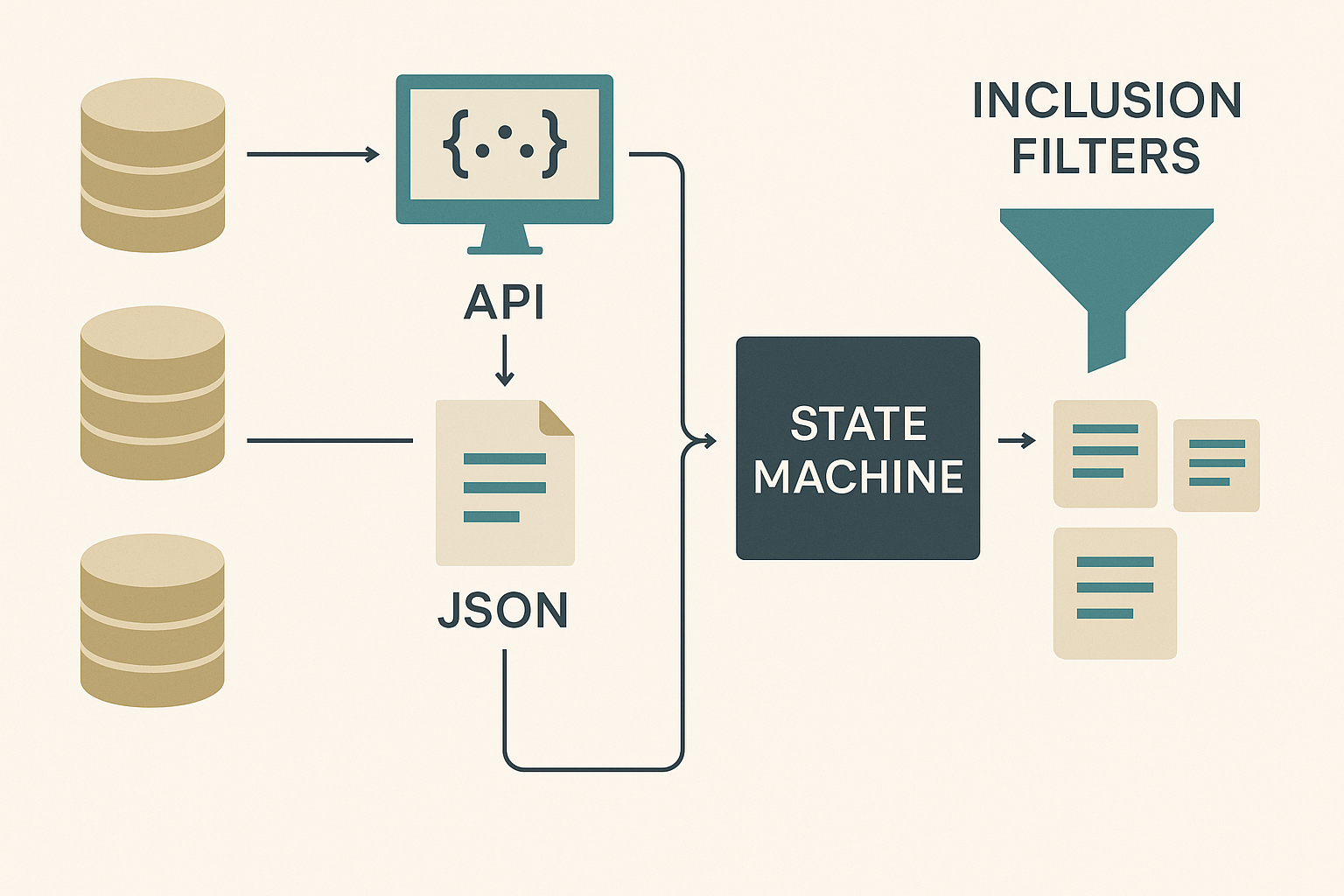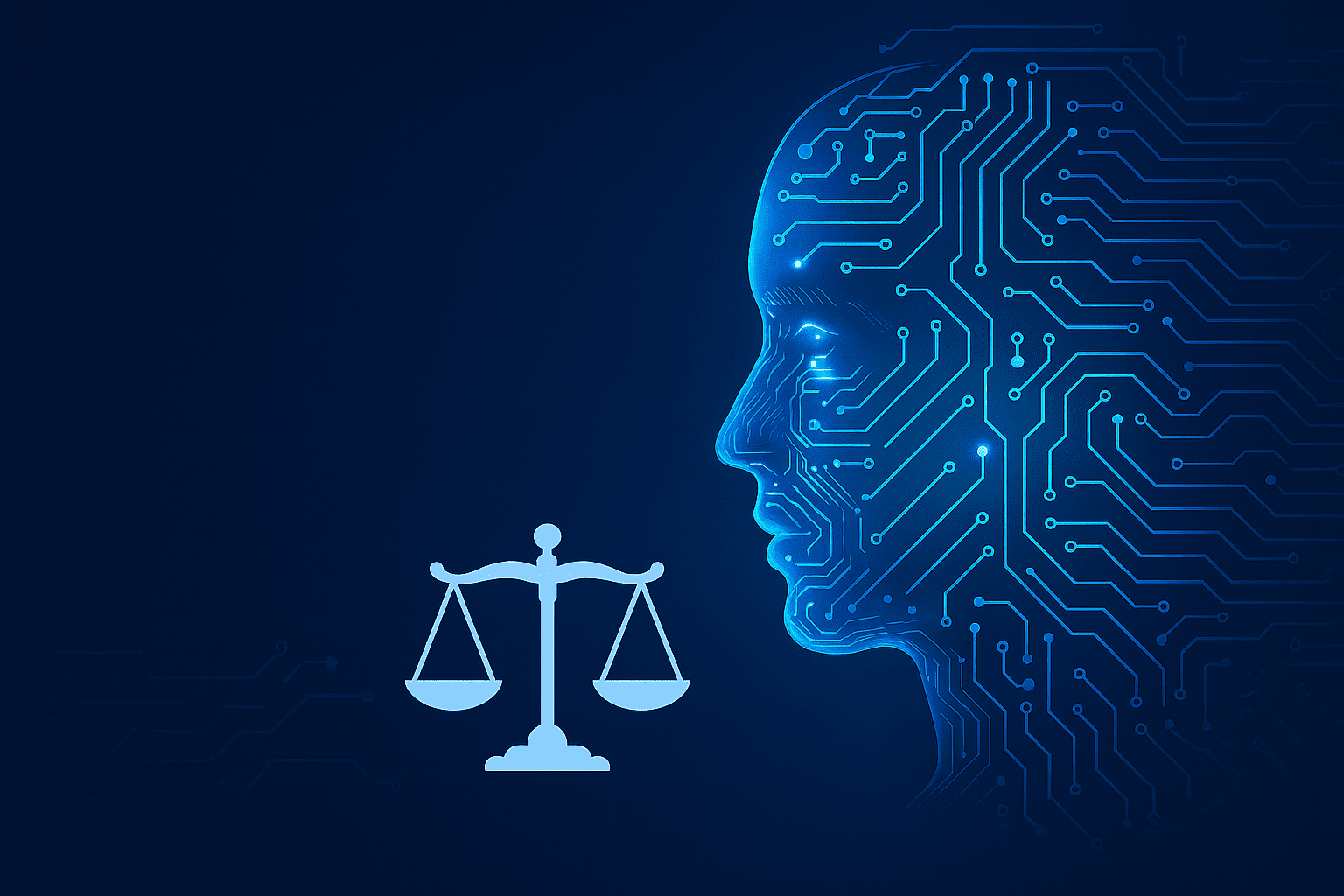For decades, LexisNexis and Westlaw have dominated the legal research landscape, providing comprehensive access to case law, statutes, and legal commentary. However, the legal technology revolution is ushering in a new era of alternatives that are democratizing access to legal information and leveling the playing field for solo attorneys and small firms.
The Traditional Legal Database Landscape
LexisNexis and Westlaw have long been the gold standard for legal research, offering:
- Comprehensive Coverage: Extensive collections of case law, statutes, and secondary sources
- Advanced Search Capabilities: Sophisticated Boolean search and filtering options
- Editorial Enhancements: Headnotes, key numbers, and expert analysis
- Citation Services: Shepardizing and KeyCiting for case validation
However, these services come with significant costs that can be prohibitive for solo attorneys and small firms, with annual subscriptions often running into thousands of dollars.
The Rise of Alternative Legal Research Platforms
The legal technology revolution has introduced several alternatives that are changing how attorneys access legal information:
Free and Low-Cost Options
- Google Scholar: Free access to case law and legal scholarship
- Court Websites: Direct access to recent court decisions
- Public Law Library Resources: Free access through local law libraries
- Open Access Legal Databases: Platforms like Justia and FindLaw
AI-Powered Legal Research
The most significant development in legal research is the integration of artificial intelligence:
- Natural Language Search: Ask questions in plain English instead of Boolean syntax
- Predictive Analytics: AI-powered insights into case outcomes and trends
- Automated Citation Analysis: Instant validation of case law and statutes
- Smart Summaries: AI-generated case summaries and key points
Emerging Legal Research Platforms
Several new platforms are challenging the traditional database duopoly:
Ravel Law (Now Lexis Advance)
Ravel Law pioneered visual legal research with case law maps and network analysis, showing how cases relate to each other.
Casetext
Casetext offers AI-powered legal research with CARA (Case Analysis Research Assistant), which can analyze legal documents and find relevant cases.
Fastcase
Fastcase provides comprehensive legal research at a fraction of the cost of traditional databases, with innovative visualization tools.
Bloomberg Law
Bloomberg Law has expanded beyond business law to offer comprehensive legal research with unique business intelligence features.
The Impact on Solo Attorneys and Small Firms
The emergence of these alternatives has significant implications for smaller legal practices:
Cost Savings
Alternative platforms can reduce legal research costs by 60-80%, making comprehensive research accessible to practices of all sizes.
Improved Efficiency
AI-powered search and analysis tools can reduce research time by 50-70%, allowing attorneys to focus on client service and case strategy.
Enhanced Capabilities
Smaller firms can now access research capabilities that were previously only available to large firms with substantial budgets.
Key Features of Modern Legal Research Platforms
Today's legal research platforms offer features that go beyond traditional databases:
AI and Machine Learning
- Natural Language Processing: Search using everyday language
- Predictive Analytics: Forecast case outcomes and trends
- Automated Document Analysis: Extract key information from legal documents
- Smart Recommendations: Suggest relevant cases and authorities
Visualization and Analytics
- Case Law Maps: Visual representation of case relationships
- Citation Networks: See how cases cite and influence each other
- Trend Analysis: Identify patterns in legal decisions
- Interactive Charts: Explore data visually
Collaboration Tools
- Shared Research Folders: Collaborate with team members
- Annotation Features: Add notes and highlights to cases
- Export and Sharing: Easily share research with clients and colleagues
- Version Control: Track changes and updates to research
Choosing the Right Legal Research Platform
With so many options available, how do you choose the right platform for your practice?
Consider Your Practice Area
- General Practice: Look for comprehensive coverage across multiple jurisdictions
- Specialized Practice: Consider platforms with deep coverage in your area of law
- Federal Practice: Focus on platforms with strong federal case law coverage
- State Practice: Ensure robust coverage of your state's case law and statutes
Evaluate Your Budget
- Free Options: Start with Google Scholar and court websites
- Low-Cost Alternatives: Consider Fastcase or Casetext for basic needs
- Premium Features: Invest in AI-powered tools for complex research
- Hybrid Approach: Combine multiple platforms for comprehensive coverage
Assess Your Technology Needs
- User Interface: Choose platforms with intuitive, easy-to-use interfaces
- Mobile Access: Consider platforms that work well on mobile devices
- Integration: Look for platforms that integrate with your existing software
- Training and Support: Evaluate the quality of training and customer support
The Future of Legal Research
The legal research landscape is evolving rapidly, with several trends shaping the future:
Increased AI Integration
AI will become more sophisticated, offering deeper insights and more accurate predictions about case outcomes and legal trends.
Greater Accessibility
Legal research will become more accessible to non-lawyers, potentially changing how legal services are delivered and consumed.
Real-Time Updates
Platforms will provide real-time updates on new cases, statutes, and regulations that affect ongoing research.
Enhanced Collaboration
Research platforms will facilitate greater collaboration between attorneys, clients, and other legal professionals.
Best Practices for Modern Legal Research
To maximize the benefits of modern legal research platforms:
- Start with Free Resources: Use Google Scholar and court websites for basic research
- Invest in AI Tools: Consider AI-powered platforms for complex research needs
- Combine Multiple Sources: Use different platforms for different types of research
- Stay Current: Regularly explore new features and capabilities
- Train Your Team: Ensure everyone in your practice can use the tools effectively
Conclusion
The legal research landscape is undergoing a fundamental transformation, driven by technology and the need for greater accessibility. While LexisNexis and Westlaw remain valuable resources, the emergence of alternatives is democratizing access to legal information and empowering solo attorneys and small firms.
The key to success in this new landscape is to stay informed about available options, choose platforms that align with your practice needs and budget, and continuously adapt to new technologies and capabilities.
As the legal profession continues to evolve, attorneys who embrace these new research tools will be better positioned to serve their clients effectively and compete in an increasingly technology-driven market.


